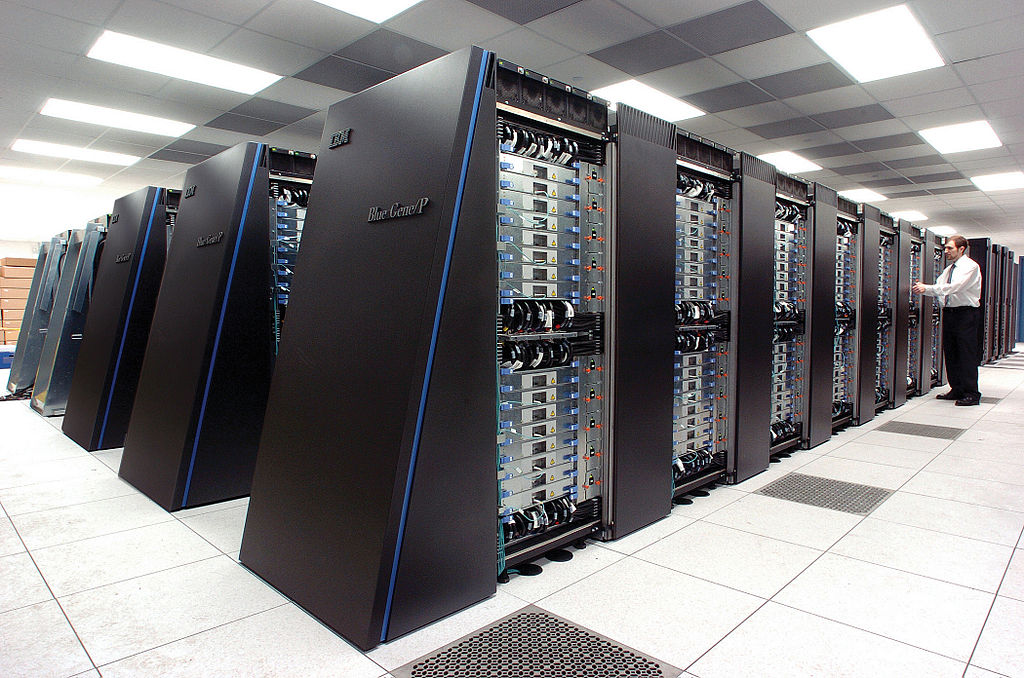Twenty-one years ago (February 10, 1996), Deep Blue, an IBM Supercomputer, defeated Russian Grand Master Gary Kasparov in a game of chess. Kasparov ultimately won the overall match, but a rematch in May of 1997 went to Deep Blue. About six years ago (February 14-15, 2011), another IBM creation named Watson defeated Champions Ken Jennings and Brad Rutter in televised Jeopardy! matches.
The capabilities of computers continue to expand dramatically and surpass human intelligence in certain specific tasks, and it is possible that computing power may develop in the next several decades to match human capacities in areas of emotional intelligence, autonomous decision making and artistic imagination. When machines achieve cognitive capacities that make them resemble humans as thinking, feeling beings, ought we to accord them legal rights? What about moral rights?
Continue reading “Will Robots Ever Deserve Moral and Legal Rights?”


